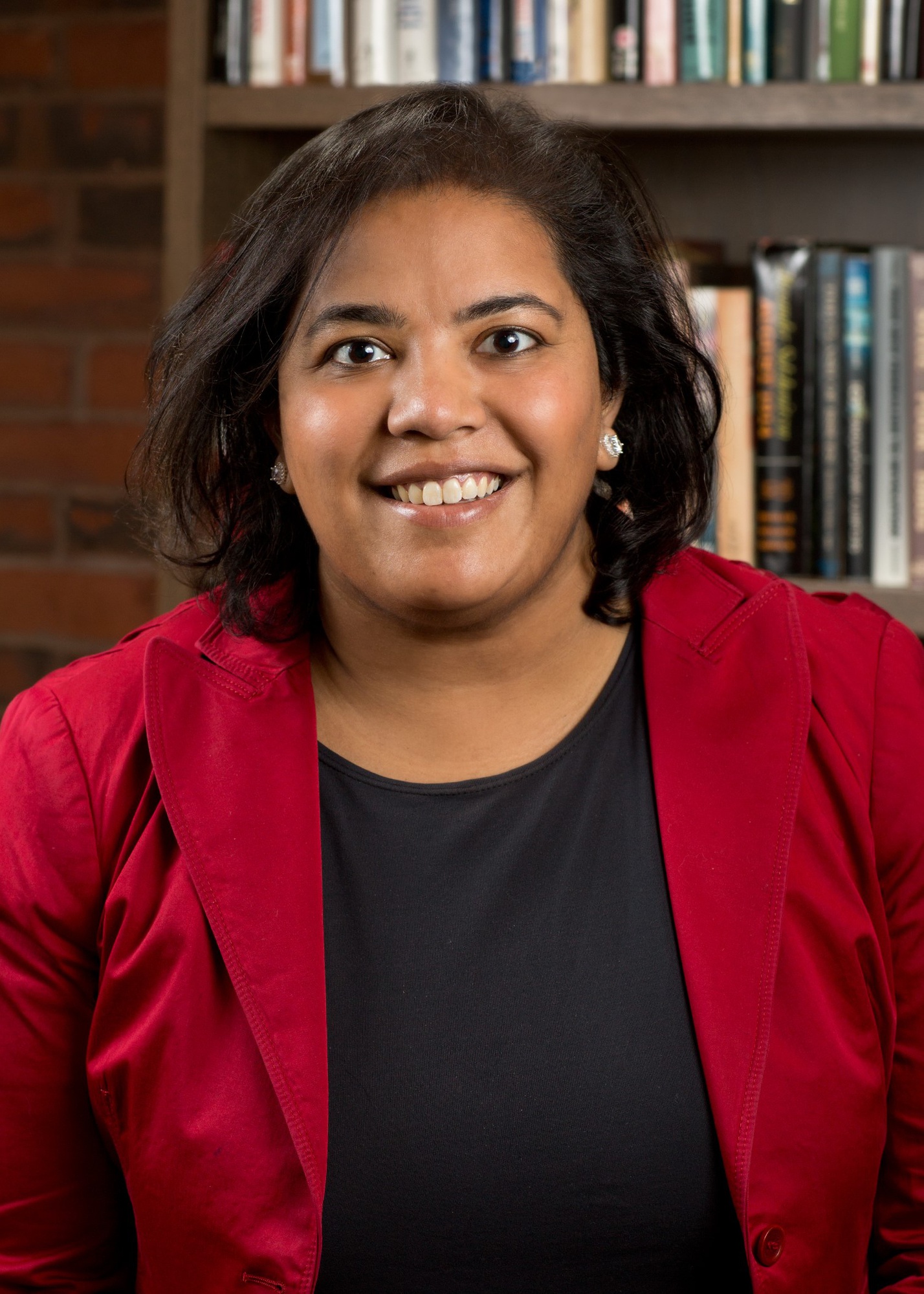
News
HMS Is Facing a Deficit. Under Trump, Some Fear It May Get Worse.

News
Cambridge Police Respond to Three Armed Robberies Over Holiday Weekend

News
What’s Next for Harvard’s Legacy of Slavery Initiative?

News
MassDOT Adds Unpopular Train Layover to Allston I-90 Project in Sudden Reversal

News
Denied Winter Campus Housing, International Students Scramble to Find Alternative Options
Introducing Community

The Introduction. One of those Harvard routines that hasn’t changed: name, concentration, House, hometown, a “fun fact.” After you graduate, that introductory routine shifts but only ever so slightly: name, school, job, title, where you live, where you’re from, and maybe on the first day, three fun facts disguised as a game of two truths and a lie.
It’s a snapshot for others to place and locate you. And along with things like your name, your gender, your race, your ancestry, and your wealth, a way to identify and categorize you. It’s the framed portrait that the world is already prepared for: your filtered self.
Yet each of us is filled with silences not reflected in the portrait: pain, exuberance, fire, and tenderness—things that don’t fit in that pretreated frame. And once on the outside, they get quickly tempered or erased.
A few months ago, I returned to Harvard after a lifetime away. Some of the routine is the same. I am once again affiliated with the Institute of Politics and Kirkland House. My love for Noch’s remains. And, sadly, my wealth—like my race and gender—hasn’t changed much.
When I am asked what resonated over this time, what ended up being most important and most valuable, I don’t think of the filters and the successes they reflect. I think instead of the journeys along seemingly random paths that somehow led me to the places I dreamed to reach. Most of all, I think of the communities that unexpectedly sprouted up along the way. Communities that provided (un)common ground, and reminders that in the hardest of times, I was not alone. In our shared soil, I could find and locate myself. I could sit and hear the silences and the silences could find voice and value.
So as you begin charting this next course, I’d ask that you travel beyond those communities that are aligned with what you can see and measure—your graduating class, colleagues on a campaign, the local school board, or your start up team. I’d ask that you find and build vulnerable communities—communities built across borders that defy stereotypes. And that your definition of success be whether you broke new ground and shared soil—whether with a few or many—in a way that ennobled your spirit, strengthened faith in one another, and got you to extend past the filters and hear the silences.
By vulnerable communities, I mean two things. First, build communities where you can be vulnerable. Communities that can’t be easily defined on paper—communities of shared freedom, shared joy, shared memory, and shared challenge where you can be open: pained, tumultuous, curious, quiet, straight with no filter. Communities that form out of parts—sometimes yours, maybe others—that don’t fit where they are categorized to go. Where you get to realize that the real lies beneath the surface of things. Where you can dialogue with difference. Where, with your classmates and the many others you will encounter along the way, you get to journey sideways and in between and through the interstices. Where you can get close, and in that proximity, you discover and surprise and evolve.
Second, build up communities that are themselves vulnerable. Those communities that have been lost in the bright lights. Communities experiencing trauma and hunger, violence, and desertion. For these days, among the distorting politics of anger and distrust and denigration, we seem resigned that the best we can do is to acknowledge that vulnerable communities exist, and when pushed, that they matter. And while we might see and recognize, or even call out the state of inequality and violence on social media, we keep our distance.
Yet, now we need much more. We need to open ourselves up and be vulnerable together. To translate for each other. To not only take on a fight you think you can wage, but to get in and sweaty on the same side of the ring. To not only discover and patent a new method to have social impact, but to reveal all the ways in which that impact is immeasurable and to go plant the seeds with your very own hands.
Go in the quiet moments and get close. Sit among the soil and reach out. For in those moments of shared vulnerability, you’ll discover the silences. You’ll discover your voice. You’ll understand how we matter. You’ll remember, at times most needed, that you are not alone. And you’ll find yourself and the way forward. Unfiltered.
Anurmia Bhargava ’96 headed the Educational Opportunities Section of the Department of Justice’s Civil Rights Division from 2010 to 2016 and served as a resident fellow at the Institute of Politics this semester.
Want to keep up with breaking news? Subscribe to our email newsletter.
